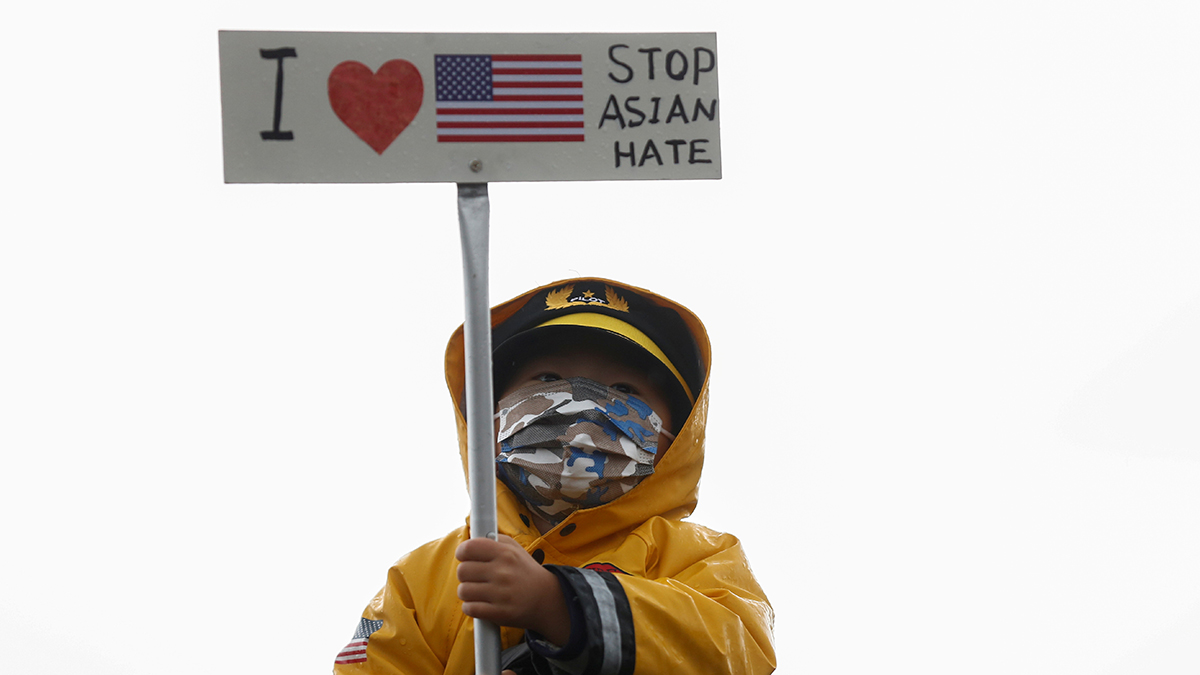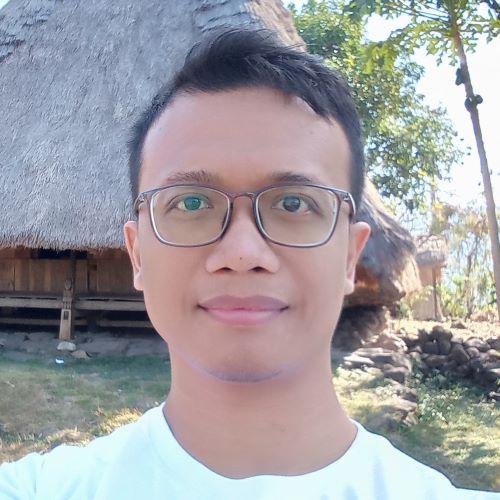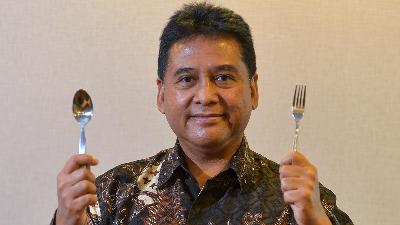Flames of Racism in Atlanta
Monday, March 29, 2021
Six women of Asian descent were among the victims of mass shootings in Atlanta. Racism is on the rise in the United States as attacks on Asians are escalating.
arsip tempo : 171411543469.

ILHAM Munawar Siddiq has been living in Atlanta, Georgia, the United States, for almost two years. The postgraduate student at the Georgia Institute of Technology shares an apartment at the Midtown area with his two colleagues and American friends. It is only a five-minute drive from Piedmont Road where the mass shootings—suspected to be racially motivated—took place in mid-March.
The Piedmont road is lined with shops, clothing store
...
Subscribe to continue reading.
We craft news with stories.
 For the benefits of subscribing to Digital Tempo, See More
For the benefits of subscribing to Digital Tempo, See More











